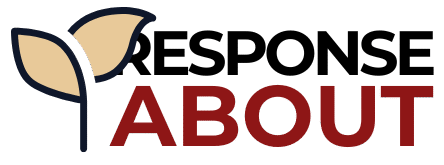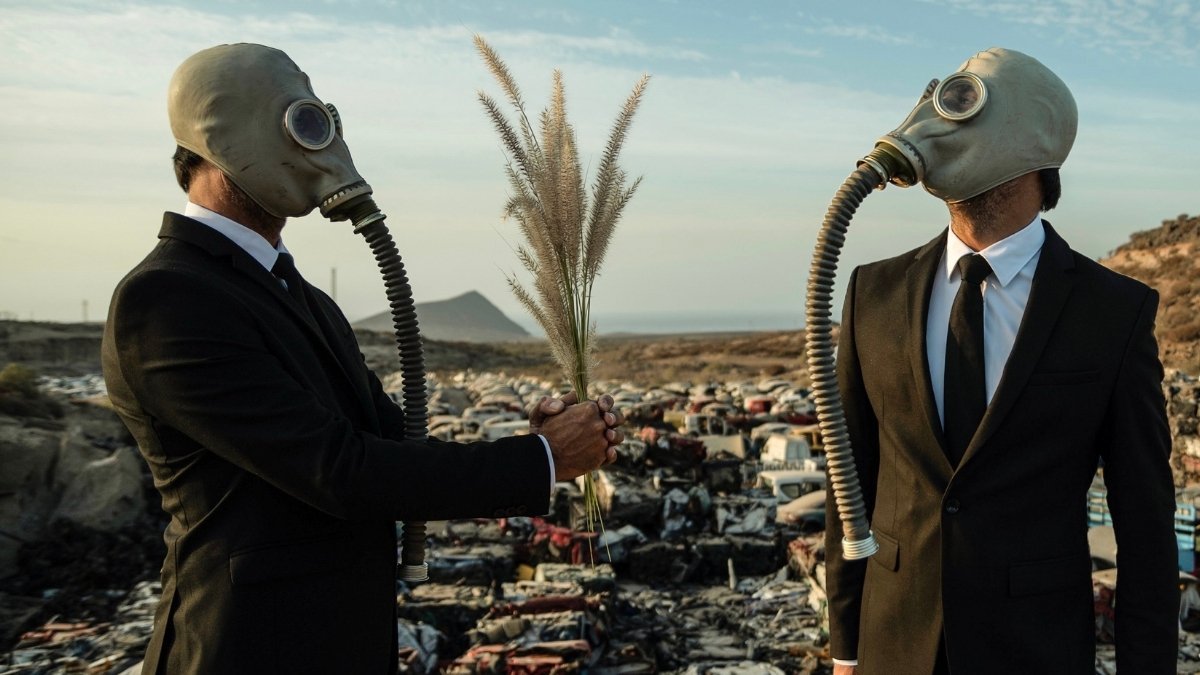You prepare because you want to protect your family. You stockpile supplies. You learn skills. You plan for emergencies. But the government is watching. And they’ve made it harder than you think.
They can seize your supplies during crises. They track your purchases. They restrict your water collection. They’ve even made it suspicious to buy in bulk or learn survival skills.
Most preppers don’t know how many laws, regulations, and surveillance programs target the very things they’re doing to stay safe. Here are 11 facts that should concern every prepper in America.
1. Alarming Truth: The Government’s Silence on Imminent Power Outages

Your lights work now. They might not in five years.
The Department of Energy released a report in July 2025 that should scare you. Blackout risk could jump 100 times higher by 2030. You might lose power for 800+ hours per year instead of the few hours we deal with today.
104 gigawatts of reliable power plants are shutting down by 2030. Only 22 gigawatts of new ones are being built. Even if we kept every old plant running, outage risk would still go up 30 times in some areas.
The grid is falling apart. 70% of it is over 25 years old. New problems show up every day—literally 60 new vulnerabilities per day. Weather-related outages have more than doubled since 2015.
And there’s a bigger threat. Hackers hit utilities 1,162 times in 2024. That’s 70% more than the year before. The Council on Foreign Relations says a major cyberattack on the grid would be “extremely difficult but not impossible.”
Buy a solar generator with battery storage before December 31, 2025. After that, the 30% tax credit disappears. Look for LiFePO4 batteries and portable panels. Plan to spend $2,000-$5,000 for a system that actually works when the power goes out.
2. Your Bank Can Take Your Money to Save Itself

You think your money is safe in the bank. It might not be. If you have more than $250,000 in one bank, the law says your bank can convert that money into stock shares if they’re failing. You don’t get a say.
The Dodd-Frank Act made this legal. Look at what happened in 2023. The three biggest bank failures in U.S. history all happened that year. Silicon Valley Bank collapsed with $209 billion in assets.
Over 90% of deposits weren’t insured. First Republic failed with $213 billion—that’s the largest bank failure ever.
45% of all U.S. deposits were uninsured at the end of 2022. Banks are sitting on $477 billion in unrealized losses. The FDIC insurance fund has only $129 billion to cover problems.
Split your money across multiple banks. Keep each account under $250,000. Use different account types—individual, joint, IRA, trust—because each type is insured separately. Keep 1-3 months of expenses as cash at home.
3. The Government Tracks Your Cash—And Can Take It Without Charging You

Pay for something with $10,000 cash? The government knows about it.
Every cash payment over $10,000 gets reported to the IRS and FinCEN through Form 8300. Banks file “suspicious activity reports” for transactions as low as $5,000. Financial institutions send 26 million surveillance reports to the government every year.
Police can take your money without ever charging you with a crime. It’s called civil asset forfeiture. From 2000 to 2020, they seized $68.8 billion. Half of those seizures were for $1,300 or less.
You don’t even have to break a law. If you make several deposits under $10,000 to avoid the reporting requirement, that’s illegal “structuring”—even if your money is completely legal. And if police take your cash? You have to prove your property is innocent. They don’t have to prove anything.
The DEA alone seized $441 million in 2022. Police departments keep 91% of what they take for their own budgets.
Know the thresholds. Document where large amounts of cash came from. Keep detailed records. For big purchases, consider spreading them out over time or using other payment methods. If you buy precious metals, stay below the reporting thresholds.
4. Your HOA Can Block Your Solar Panels in 21 States
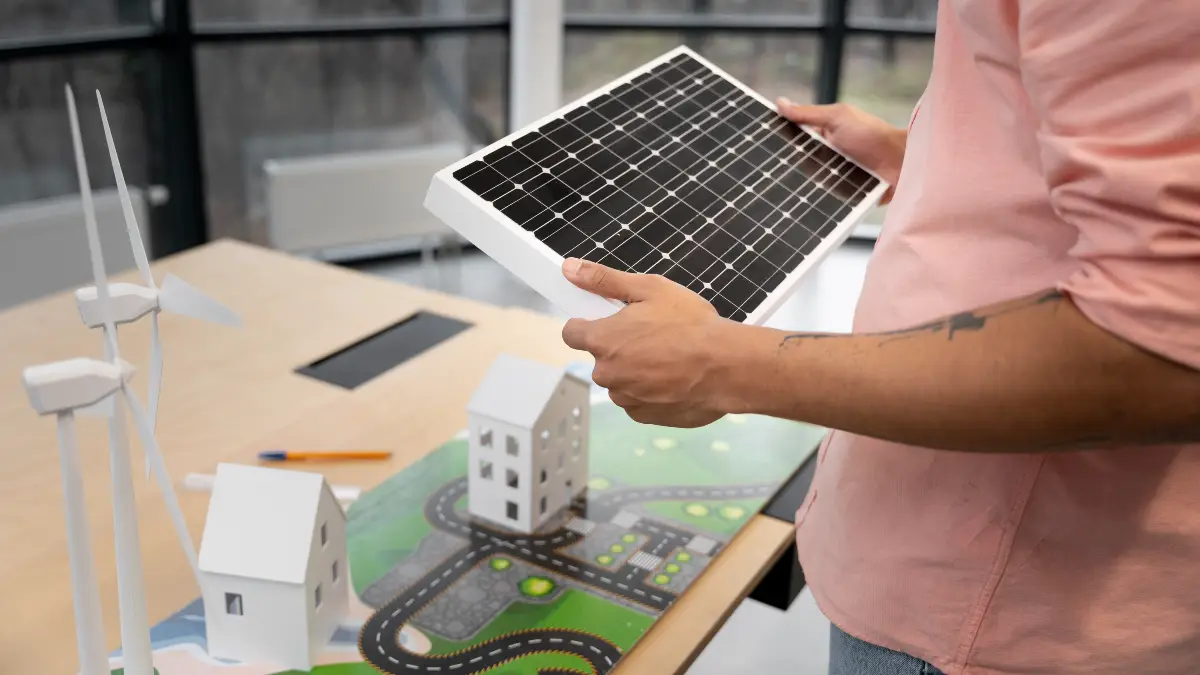
Want to save money with solar panels? Your HOA might stop you.
Only 29 states have laws protecting your right to install solar. And 22 of those states let HOAs impose “reasonable restrictions”—which often means expensive restrictions that kill the project. Twenty-one states, including Kansas, have zero protection for homeowners.
Some HOAs ban panels on front-facing roofs. Others require specific colors or hidden installations that cut efficiency. Some just say no without giving a reason.
This matters right now because the 30% federal tax credit ends December 31, 2025. After that, solar gets a lot more expensive.
A Columbia Law School study found 395 local restrictions severe enough to potentially block renewable projects. California has the strongest protections—HOAs can’t require changes that cost more than $1,000 or reduce efficiency by more than 10%. Most states don’t have anything close to that.
Read your HOA rules before you buy a house. If you’re already in an HOA, document all costs and efficiency impacts if they impose restrictions. Install solar before the end of 2025 to get the 30% credit. Expect to spend $15,000-$30,000 for a full home system.
5. Your Ham Radio License Puts Your Address on the Internet

Get an amateur radio license and everyone can find where you live.
The FCC requires you to register a real mailing address. That address becomes public record. Anyone can search the FCC database and find it.
And it might get worse. In March 2025, the FCC started a “Delete, Delete, Delete” initiative that could eliminate PRB-1 protections. That’s the 1985 rule that limits how much local governments and HOAs can restrict your antennas.
Right now, state and local rules have to “reasonably accommodate” amateur radio. They have to let you put up antennas tall enough to actually work. If PRB-1 disappears, HOAs could ban antennas completely.
There are easier options that don’t put your address online. GMRS costs $35 for 10 years, covers your whole family, needs no test, and works 2-50+ miles. MURS needs no license at all. FRS is the simplest but only works up to a mile.
Use a virtual address service if you get a ham radio license. Get licensed now before the rules change. Consider GMRS as a backup—it’s easier than ham radio and covers your family for $35. Budget $500-$2,000 for ham radio gear, or $150-$400 for GMRS radios.
6. The Government Might Be Watching You Stockpile Food

You bought extra canned goods. You stored some water. You learned how to start a fire without matches. Now you might be on a list.
The Department of Homeland Security flags certain behaviors as potential warning signs. Buying in bulk. Storing food and water. Learning survival skills. These are things responsible people do to prepare for emergencies.
But DHS training materials have listed them as “potential indicators of terrorist activity.” This isn’t paranoia. It’s policy.
Federal databases track purchases of certain items. Propane. Ammunition. MREs (meals ready to eat). Large quantities of batteries. Local law enforcement gets training that treats preparedness as suspicious. Store clerks file reports. And your name goes into a system.
The logic sounds reasonable on paper. Yes, bad actors might stockpile supplies. But so do millions of normal Americans who remember what happened during COVID-19. Or who live in areas hit by hurricanes. Or who just want to be ready when things go wrong.
The problem is context. A terrorist might buy 50 pounds of rice. So might a family of six. The system doesn’t always know the difference.
Fusion centers—intelligence hubs in every state—collect and share this information. They’re supposed to stop terrorism. But leaked documents show they often flag everyday activities. One fusion center listed buying waterproof matches as suspicious. Another flagged people who pay with cash.
Your basic preparedness could trigger a report. Not because you’ve done anything wrong. But because the system is designed to flag patterns, and your pattern looks like someone else’s.
Some preppers have been questioned. A few have had their homes searched. Most never hear anything. They just end up in a database somewhere, flagged for doing what used to be called common sense.
Keep preparing. But be aware. Don’t talk about your supplies on social media. Buy from different stores instead of ordering everything from one place. Pay cash when practical.
Know your rights if anyone questions you. And remember—being prepared isn’t illegal, no matter what any list says. The real question isn’t whether you should prepare. It’s whether the government should treat preparation as suspicion.
7. Your Prepper Searches Are Shared With the Government
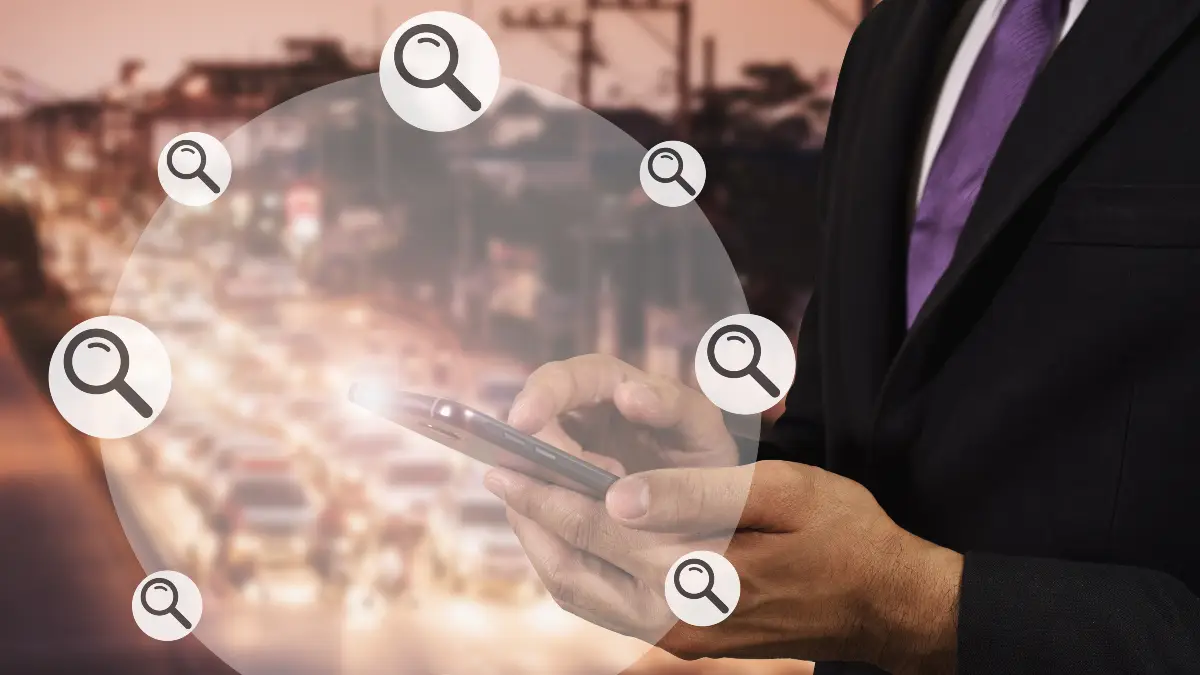
You googled “how to purify water” last Tuesday. Amazon knows you bought a hand-crank radio. YouTube tracked which survival videos you watched. And tech companies can hand all of that over to the government without telling you.
No warrant needed in many cases. No notification. No way for you to know it happened. The government sends a “national security letter” or uses Section 702 of FISA. Tech companies must comply.
They turn over your search history, purchase records, and browsing data. The law even prohibits them from telling you about it. Google receives over 100,000 government data requests per year.
Meta (Facebook and Instagram) receives about 400,000. Amazon doesn’t publish numbers, but they comply too. Microsoft, Apple, Reddit—they all hand over user data when asked.
Your prepper forum posts? Saved. Your Pinterest board of bug-out bag ideas? Tracked. That private Facebook group where you discuss food storage? Not as private as you think.
One subpoena and the government has access to every member, every post, every comment. Cloud storage is worse. Those PDFs of survival manuals you saved to Google Drive or iCloud?
Tech companies can access them. And what they can access, they can share. Some companies fight back on individual cases. Most just comply quietly. Apple famously refused to unlock an iPhone for the FBI in 2016.
But that same year, they handed over iCloud data in thousands of other cases. The Snowden leaks showed us PRISM—a program where NSA collected data directly from tech company servers. The program still exists.
The name might have changed. The data collection didn’t. Algorithms flag patterns. Someone researching water filtration, buying freeze-dried food, watching videos about off-grid living, and joining prepper groups hits multiple data points.
The system notices. It doesn’t understand context. It just sees a pattern that matches other patterns in a database. Most preppers will never be contacted. But your data is being collected. It’s being stored. And it could be accessed years from now if you ever become “a person of interest” for any reason.
Use a VPN when researching sensitive topics. Search engines like DuckDuckGo don’t track you. ProtonMail encrypts emails. Signal encrypts messages and deletes them from servers.
Buy supplies in person with cash when possible. If you order online, use different accounts and shipping addresses for different types of purchases. Don’t put everything on one Amazon account.
Stop posting about your preps on social media. Don’t share photos of your stockpile. Don’t list what you have or where you keep it. Privacy settings don’t protect you from government requests.
Download important guides and manuals. Store them on a hard drive that’s not connected to the internet. What’s not in the cloud can’t be accessed remotely.
Use encrypted storage for sensitive files. VeraCrypt is free and creates encrypted containers on your computer. BitLocker comes with Windows Pro. Join local prepper groups in person instead of online.
Face-to-face meetings leave no digital trail. The goal isn’t to hide. You’re not doing anything wrong. The goal is to keep your business your business. Being prepared shouldn’t require giving up your privacy.
8. New Gun Laws Could Make Prepping Harder
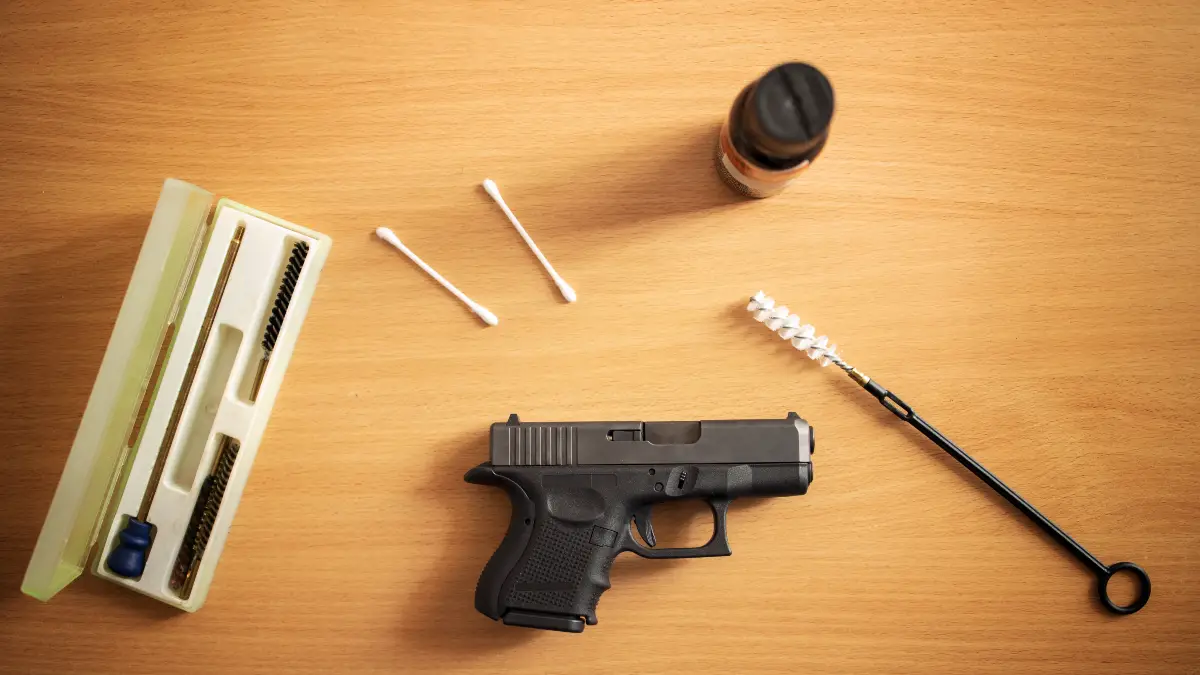
You want a rifle for hunting. A shotgun for home defense. Maybe a handgun you can carry when you’re miles from help. New laws are making that more complicated.
Red flag laws now exist in 21 states. Someone can report you as a threat. Police can take your guns before you get a hearing. You might not even know who reported you.
One study found that fewer than 1% of people subject to these orders get legal representation. Universal background checks sound reasonable. But they make it illegal to lend your brother a hunting rifle in 12 states.
Want to let your daughter borrow your shotgun while you’re out of town? That’s a transfer. In some states, you both need to go to a licensed dealer and pay for a background check.
Assault weapon bans keep expanding. The definition of “assault weapon” now includes semi-automatic rifles with detachable magazines and any single additional feature—a pistol grip, adjustable stock, or threaded barrel.
In California, that covers most modern rifles. You can’t buy them new. You can’t import them from another state. Magazine restrictions hit preppers hard. Ten-round limits are common.
Some states cap it at seven. If you’re defending your property against multiple threats, or hunting in an area with aggressive wild hogs, those limits matter. Some states require permits just to buy ammunition.
You register. You pay fees. You wait. New York’s system tracks every purchase. Illinois is considering similar laws. Waiting periods are getting longer. California went from 10 days to 30 days for some purchases.
You can’t get a gun quickly when you need one. If a wildfire is coming or civil unrest breaks out, waiting periods don’t pause.
Gun registries. Several states now require you to register every firearm you own. That data lives in government databases. If laws change, they know exactly what you have and where you live.
Some jurisdictions limit how many guns you can buy. One per month in several states. That means building a collection for different purposes—hunting, defense, backup—takes years instead of months.
Taxes are rising. Some states add 10-11% excise taxes on firearms and ammunition. Others have proposed even higher rates. That $800 rifle costs $888 before sales tax.
The Second Amendment still exists. But exercising it requires more money, more time, and more paperwork than ever before. For preppers in certain states, building a practical firearms collection is becoming difficult and expensive.
Know your state laws before you buy. What’s legal changes fast. Some states ban specific models by name. Others use feature tests. Check before you spend money.
Buy what you need now. Grandfather clauses usually protect what you already own. Wait too long and your options shrink.
Get training before you need permits. Some states require safety courses for ownership or carry permits. Those courses fill up fast when new laws pass.
Join local gun rights groups. Not for politics—for information. They track legislation and court cases. They know which laws might change and when.
Consider 80% lowers where legal. These incomplete receivers don’t require background checks in most states. You finish them yourself. They’re legal for personal use in most places, but check your local laws first.
Stock up on ammunition during normal times. When panic buying starts, prices triple and shelves empty. Buy a little every month instead of scrambling during a crisis.
Learn to reload your own ammunition. It’s cheaper over time. And you control your supply chain. Reloading equipment and components are less regulated than finished ammunition.
Store everything properly. Secure storage isn’t just smart—it’s required by law in some states. Trigger locks and gun safes protect against theft and liability. The goal isn’t to break laws or stockpile weapons.
It’s to maintain the tools you need for legitimate purposes—hunting, protection, self-reliance—before regulations make it harder or impossible. Your right to own firearms still exists. But in some places, exercising that right requires planning ahead.
9. The IRS Just Hired 87,000 New Agents to Watch Your Money
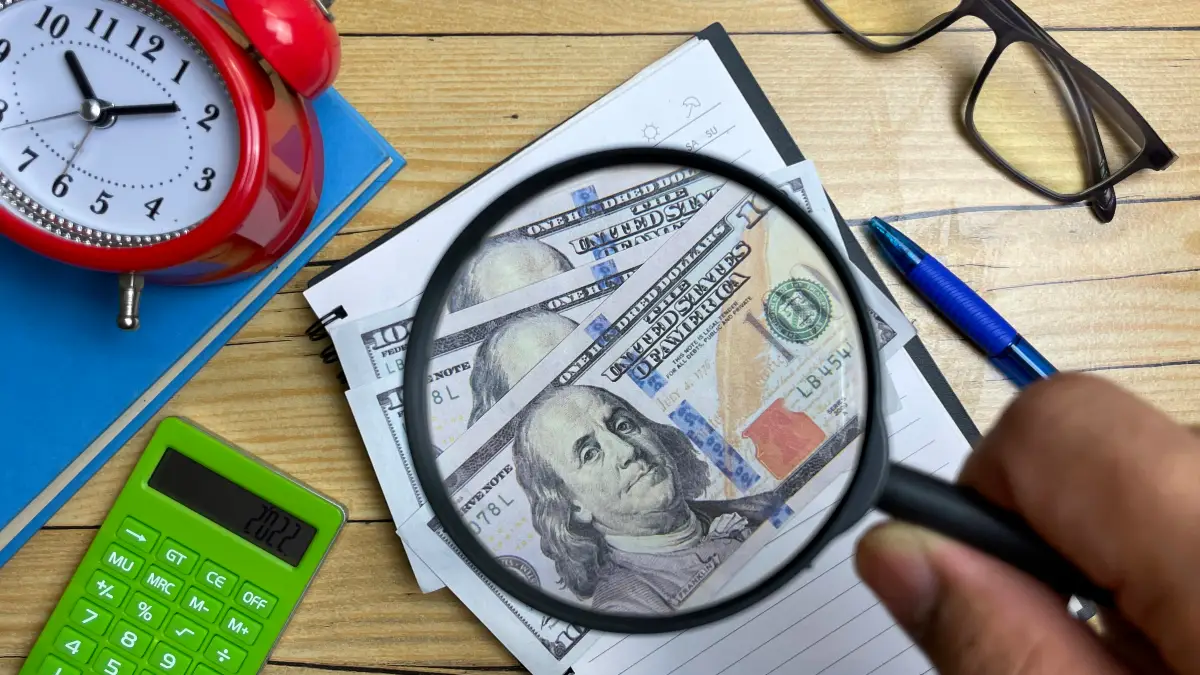
You sold some old tools on Facebook Marketplace. Your aunt sent you $800 through Venmo. You got paid $400 cash for helping a neighbor fix their fence. The IRS wants to know about all of it.
Congress approved funding to hire 87,000 new IRS agents. That doubles the size of the agency. These aren’t just accountants processing tax returns. Many are enforcement agents trained to investigate and audit.
And yes—some carry guns. The IRS Criminal Investigation division has armed special agents. They’re hiring more. Third-party payment platforms now report transactions over $5,000 per year to the IRS.
That’s down from $20,000. Venmo, PayPal, Cash App, Zelle—they all report now.Sold stuff on eBay? If you made more than $5,000, you get a 1099-K form. So does the IRS. Didn’t report it on your taxes? They know.
Banks already report deposits over $10,000. They file suspicious activity reports for patterns they think look odd. The IRS gets access to all of it. The agency collected $4.9 billion from enforcement actions in 2023.
They’re projecting $561 billion in additional revenue over the next decade from increased audits and enforcement. Small businesses and self-employed people. Side hustles. Anyone with irregular income.
The IRS says they’re targeting wealthy tax cheats, but audit rates for people making under $25,000 are higher than for those making $200,000-$500,000.
Preppers get hit harder. Many have side income from selling surplus supplies, teaching skills, or bartering services. That’s all taxable income. Not reporting it—even by accident—can trigger an audit.
Cash businesses face extra scrutiny. If you run a roadside stand, sell at farmers markets, or deal in cash for services, the IRS assumes you’re underreporting. They compare what you report to similar businesses.
If you’re lower, you might get flagged. Cryptocurrency is on the radar too. Every crypto transaction is technically taxable. Bought Bitcoin at $30,000 and sold at $35,000? You owe capital gains tax.
Traded one crypto for another? Taxable event. Most people don’t report this correctly. The IRS knows. More agents mean more audits. More audits mean more mistakes get found. Even honest mistakes.
Forgot to report $600 from a side job? That’s technically tax evasion. Didn’t keep receipts for deductions? They get disallowed and you owe penalties.
The IRS can freeze your bank accounts while investigating. They can seize assets. They can put liens on your property. All before you’re convicted of anything.
Report everything. Every dollar. Even cash. Even bartering. The penalty for not reporting is worse than the tax you’d pay. Keep records of every transaction. Receipts, invoices, bank statements—save it all for at least seven years. Digital and paper copies.
Track your side income separately. Use a dedicated bank account for business income, even if it’s just occasional side work. Makes tracking easier and looks more legitimate.
Understand the $5,000 threshold. If you use payment apps for business, you’re getting a 1099-K. Make sure what you report matches what they report to the IRS.
Know what’s taxable in barter situations. Trade labor for goods? Both sides owe taxes on the fair market value. The IRS has specific rules about this. Hire help for complicated returns.
A CPA costs $300-$500. An audit costs thousands in fees, penalties, and stress. Pay for professional help if you have any business income, crypto, or complex deductions.
Keep cash transactions reasonable and documented. Large cash deposits trigger reports. If you must deposit cash, keep records showing where it came from—receipts from yard sales, logs of items sold, etc.
Don’t structure deposits to avoid reporting. Splitting $12,000 into two $6,000 deposits to stay under the $10,000 threshold is illegal structuring—even if the money is completely legal.
Consider paying quarterly estimated taxes. If you have side income, don’t wait until April. Paying quarterly avoids penalties and keeps you current.
The IRS isn’t coming after everyone. But with 87,000 new agents, they’re coming after more people. Make sure you’re not an easy target.
10. FEMA Started 2025 With Just 12% of Staff Ready to Respond

You pay taxes. You assume help will come when disaster hits. It might not. FEMA began the 2025 hurricane season with only 12% of its incident management workforce available.
Not on vacation. Not in training. Gone. They’re managing 710 open disasters that are still receiving federal support simultaneously. Twenty senior executives—people with decades of experience—left under workforce reduction programs.
The Government Accountability Office warned this could mean “disaster for future response efforts.” That’s government speak for “we’re in trouble.” 51% of adults think they’re prepared for emergencies.
But only half of those people believe their preparations would actually help. They have supplies but no confidence those supplies matter. And they’re probably right to doubt.
Most “emergency kits” are designed for 3 days. Real disasters last longer. Hurricane victims wait weeks for power. Wildfire evacuees can’t go home for months. Flood recovery takes years.
FEMA Administrator Deanne Criswell admitted the real problem: “Decaying legacy infrastructure and outdated building codes continue to pose a significant vulnerability nationwide for the foreseeable future.”
Things will keep breaking, and we’re not equipped to fix them. The government’s official advice is to have 72 hours of supplies. That’s based on the assumption that help arrives in three days.
But if FEMA only has 12% of staff available, help isn’t coming in three days. Maybe not in three weeks. During major disasters, you’re on your own longer than anyone admits.
Build supplies for two weeks minimum. Not three days. Two weeks means you don’t need rescue in the critical first period when help is overwhelmed. Assume no government response for 72 hours. Plan as if no one is coming. If help arrives earlier, great. If not, you’re covered.
Stock basics first. Water (1 gallon per person per day). Food that doesn’t need cooking. Batteries. Flashlights. First aid supplies. Medications. Cash. Join community preparedness groups.
When government response fails, neighbors help neighbors. Organize mutual aid now, before you need it. Share skills. Plan together. One person with medical training, another with mechanical skills, another with food preservation knowledge—together you’re stronger.
Stop trusting official timelines. “Help is on the way” doesn’t mean help is close. During Hurricane Katrina, some people waited five days for rescue. During Hurricane Maria in Puerto Rico, some areas went months without power or aid.
Learn basic emergency skills yourself. First aid. Fire safety. Water purification. Shelter building. These skills mean you don’t need rescue for simple problems.
Have communication plans that don’t require phones. Cell towers fail in disasters. Know where family members will go. Pick meeting places. Establish check-in times. Don’t assume you’ll be able to call.
Keep important documents in waterproof bags. Insurance papers. IDs. Medical records. Bank information. Copies stored digitally in the cloud and physically in a go-bag.
Prepare vehicles for evacuation. Keep gas tanks above half full. Store emergency supplies in the car. Know multiple evacuation routes. Don’t wait for official evacuation orders if you see danger coming.
The painful truth is that emergency management is understaffed, overwhelmed, and stretched thin. FEMA helps—eventually. But eventually might be too late. You’re your own first responder. Plan accordingly.
11. You Can’t Legally Collect Rainwater in Parts of America
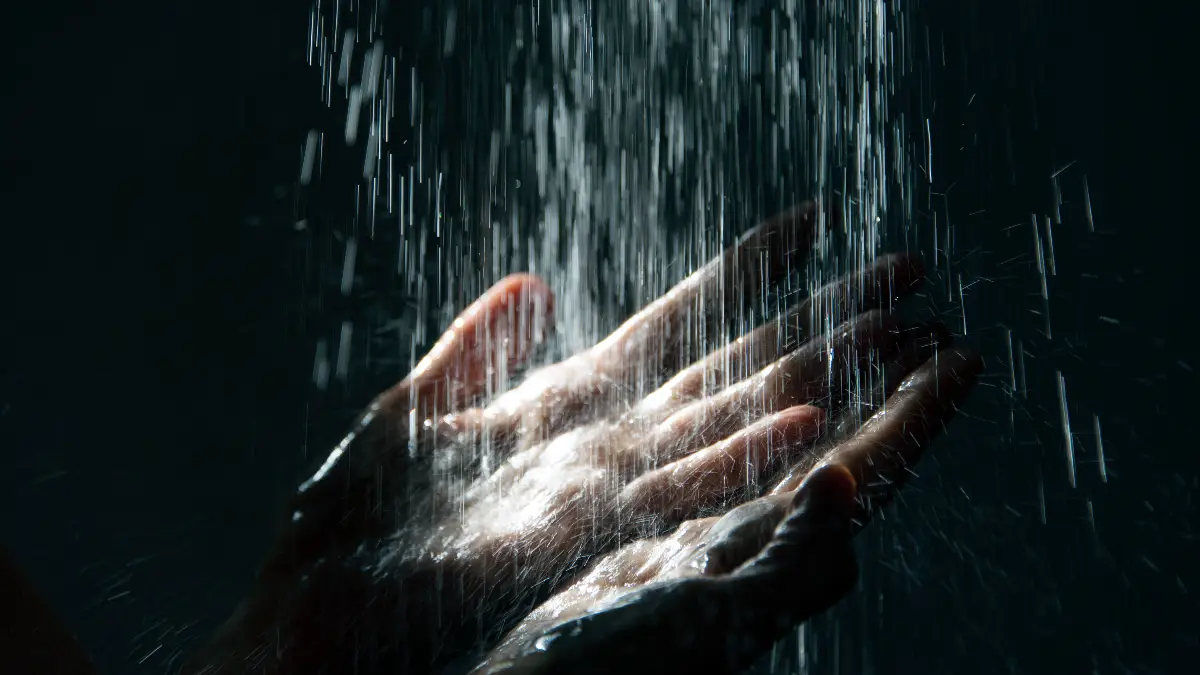
Rain falls on your roof. You want to catch it in a barrel. Use it to water your garden. In some states, that’s illegal. Colorado has the strictest rules. You can only have two rain barrels. Maximum 110 gallons total.
You can’t drink it. Can’t use it indoors. Can’t give it to your animals. Outdoor use only, and only on your own property. The reason? Water rights law. Western states follow something called “prior appropriation doctrine.”
It means someone downstream owns the water that falls on your roof. Even catching rain temporarily might alter historic water flow patterns. So they restrict it.
Multiple states require permits just to collect rainwater: Illinois, Nevada, Oregon, Utah, Kansas, and Arkansas. You need government permission to catch rain.
And it gets worse. Your own well might not be safe either. Forty-three million Americans—15% of the population—get water from private wells. The EPA doesn’t regulate these wells if they serve fewer than 25 people.
That means most home wells have zero federal oversight. A 2021 USGS study found that 1 in 5 private wells contained contaminants above safe levels for human health. But nobody makes you test. Nobody checks your water. You’re on your own.
Even if you have a working well, some cities require you to hook up to public water. They call it “mandatory connection.” You pay thousands to connect. You pay monthly water bills forever.
And a federal court ruled in 2024 that this isn’t a “taking” under the Constitution—even if the cost makes your property economically worthless. The Water Systems Council says mandatory connection is becoming a major issue.
Towns want the revenue from water bills. Your well doesn’t generate revenue for them. Water is survival. Three days without it and you’re dead. But in some states, you can’t legally collect enough rainwater to matter.
And in some areas, they won’t let you keep your well. Some states go the opposite direction. Texas, Arizona, Rhode Island, Virginia, and New Mexico offer tax credits or rebates for rainwater systems. They encourage independence. But they’re the exception.
Check your state and local laws before installing anything. Rainwater collection rules vary wildly. What’s legal in Texas might get you fined in Colorado. Cities have their own rules on top of state laws.
Maximize what’s allowed. If Colorado lets you have 110 gallons, get two 55-gallon barrels. Use every gallon of capacity the law permits.
Install proper systems even for limited use. First-flush diverters remove roof debris. Mesh screens keep mosquitoes out. Sealed lids are required in most places anyway.
Consider well drilling in rural areas with favorable laws. Research requirements first. Some states make it easy. Others require permits, studies, and inspections. Drilling costs $3,000-$15,000 depending on depth and location.
Test private wells annually even when not required. Test for bacteria, nitrates, and common contaminants. Testing costs $100-300. Contaminated water costs you your health.
Document your well before any mandatory connection orders. If your well is already established and working, you have stronger legal ground to resist connection requirements. Get it on record.
Install filtration regardless of source. Whether rainwater or well water, proper filtration makes it safer. Budget for multi-stage systems if you’re drinking the water.
Know your HOA rules too. Even in states where rainwater collection is legal, HOAs can ban it or impose restrictions. They can require specific colors, placements, or designs that add cost.
Store water in multiple ways. Legal rainwater collection. Wells if allowed. Stored municipal water. Don’t rely on one source.
Learn about gray water systems. Using shower and sink water for gardens is legal in more places than rainwater collection. It’s a backup option where rainwater is restricted.
The irony is obvious. Rain falls from the sky for free. It lands on property you own. But in America, you might not be allowed to keep it. Water independence is becoming harder to achieve legally. Know the rules.
Work within them. And build redundancy wherever possible. Because when water systems fail—and they do fail—the law won’t help you. Your barrels and wells will.
